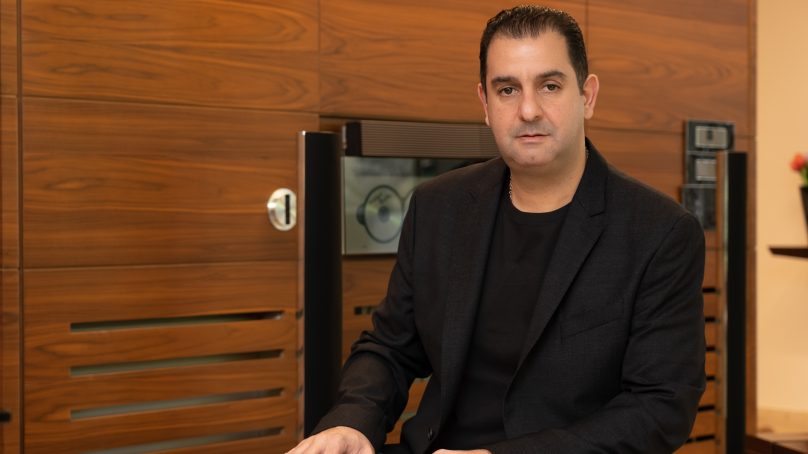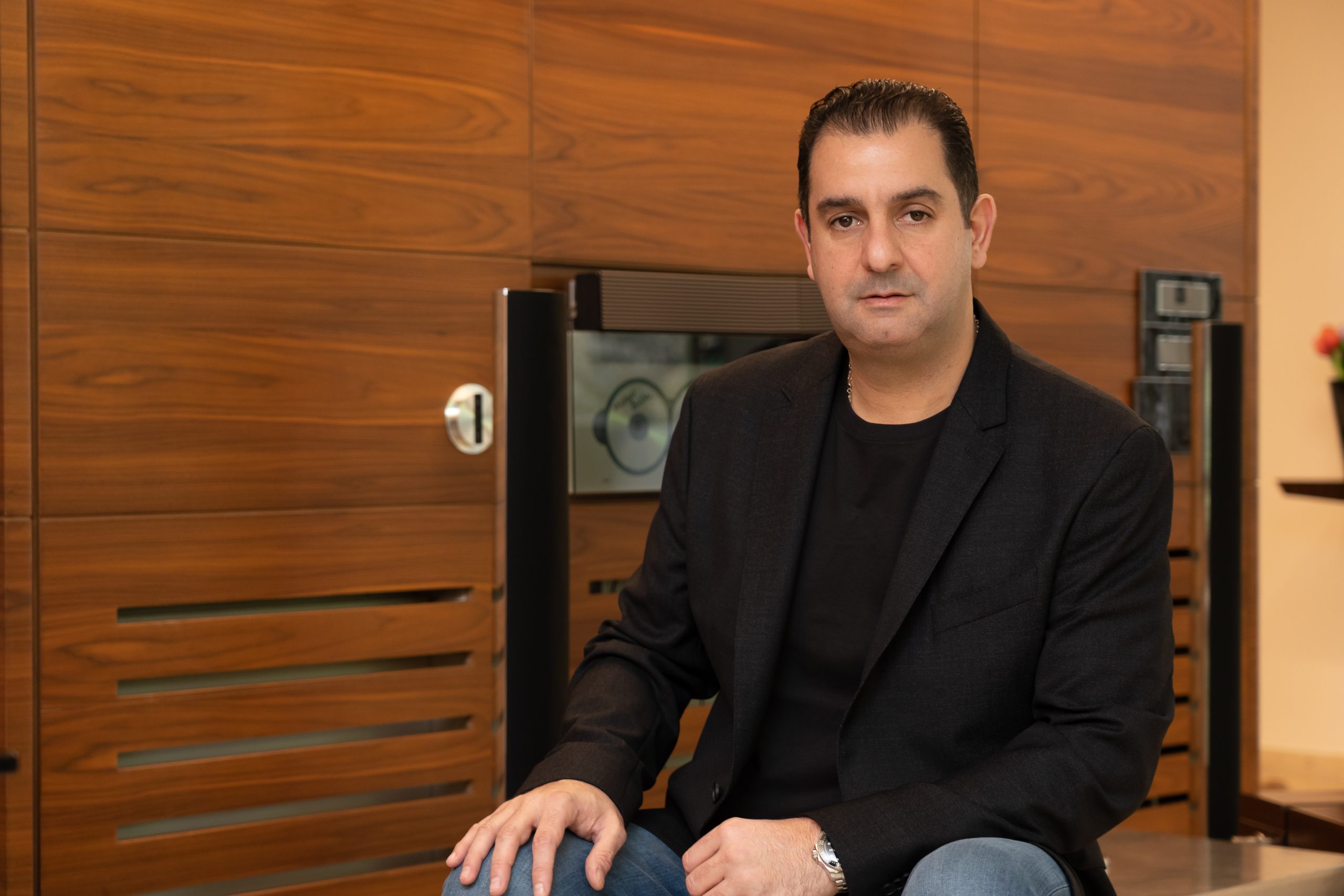

How would you describe summer 2023 in Lebanon in terms of hospitality and tourism?
Lebanon and the tourism industry achieved great success this summer. Therefore, I would like to thank the media for their work to promote our country’s tourism sector. And let’s not forget to raise a glass to the restaurant and nightlife sectors, the shining stars of Lebanon. Despite facing numerous challenges, they have shown adaptability and agility.
In my opinion, there are two champions. Firstly, the Lebanese people, including expatriates, who still hold onto their “joie de vivre” and maintain their faith in the country. Secondly, the restauranteurs, who, despite facing the seizure of their funds by banks and the inability to access funding and loans, have shown remarkable resilience by reopening their establishments and providing exceptional service and cuisine. Their unwavering efforts and dedication have undeniably contributed to the season’s resounding success, offering top-notch food and service without government assistance. It’s worth mentioning that the Minister of Tourism, H.E. Walid Nassar, has been a great support to us, and the army and police have played crucial roles in maintaining the peace. He visited the syndicate office in April, accompanied by popstar Ramy Ayach, when we jointly announced the launching of the summer season campaign, opening new outlets and reopening nightlife icons in Downtown Beirut.
What figures can you share with us?
In July and August, restaurant occupancy on weekdays averaged 80 percent. Hotels saw 50 percent occupancy on weekdays and reached full capacity on weekends. Car rental businesses thrived this summer. Although their initial fleet of 16,000 vehicles was reduced to 8,500 due to recent crises, they managed to rent out 85-100 percent of their cars.
Notably, guesthouses emerged as the stars of the season, with their numbers surpassing 200. They played a pivotal role in generating economic activity in numerous regions around the country. In spite of initial concerns in the tourism sector, this season yielded positive income, primarily due to the high level of service quality offered. Prices have risen due to global inflation and higher fuel and operational costs, warranting acknowledgment.
What is your evaluation of the pricing in restaurants in Lebanon?
In our industry, pricing revolves around value, location and quality. Ultimately, clients decide whether to choose a specific restaurant, serving as the ultimate evaluators. However, it’s essential to be realistic. Clients cannot expect the best brand, quality, food, location and service while complaining about prices. It’s akin to flying, where you can choose between economy or business class on the same plane. Similarly, the cost of a cup of coffee in Paris can vary significantly, with a small coffee around the corner being much cheaper than one on the Champs Elysée.
What matters to the RCNP Syndicate is transparency in pricing, ensuring that restaurants display their prices at the door. Lebanon boasts diverse Lebanese cuisine restaurants, catering to all with prices spanning USD 12 to 45.
How do you handle food safety issues?
I want to assure restaurant patrons that food safety standards in our affiliated restaurants surpass even hospital standards. However, our tourist institutions maintain HACCP standards equivalent to hospitals. We meticulously follow standards from supplier selection to food storage, preparation, cooking and service. In our recent evaluation, this food chain achieved an impressive 85 percent. Notably, 70 percent of syndicate-affiliated restaurants scored an average of 84.7 percent over the last three months. Additionally, prominent restaurant chains have their own food safety departments as food safety is their priority.
This year, the syndicate partnered with a prominent local and international food safety company to audit restaurants newly entering the Lebanese market, even those not affiliated with us. In May, 200 restaurants were audited and provided with comprehensive reports. The director general of the Ministry of Economy and Trade, Dr. Mohamad Abou Haidar, visited the syndicate office. It was a support visit for the syndicate and to ensure that food safety regulations were being implemented properly in the restaurants.
What are your plans for next year?
I believe in the significance of domestic tourism. Furthermore, I consider September an excellent month for tourism. I am working on an initiative that will be launched to find common ground between the tourism and education sectors. I aim to extend the start of the school year until September 25. Education and our understanding of holidays have evolved, and there are many unnecessary breaks that we can eliminate. Therefore, it’s crucial to consider this and extend the school year into late September, allowing us to enjoy a more extended summer season of 85 days instead of a mere 60.
















